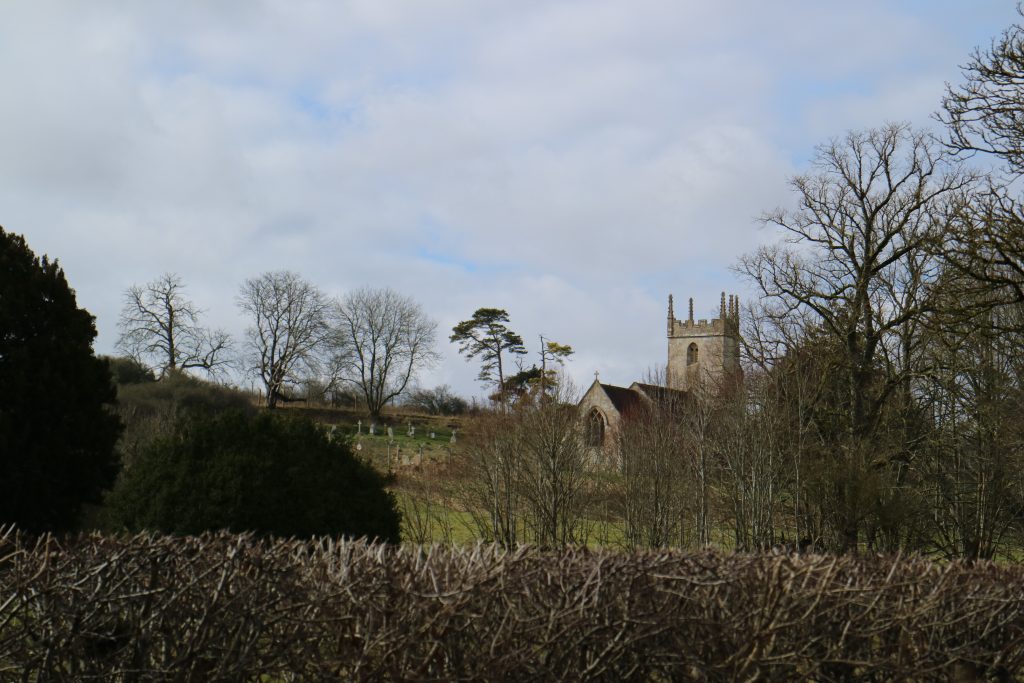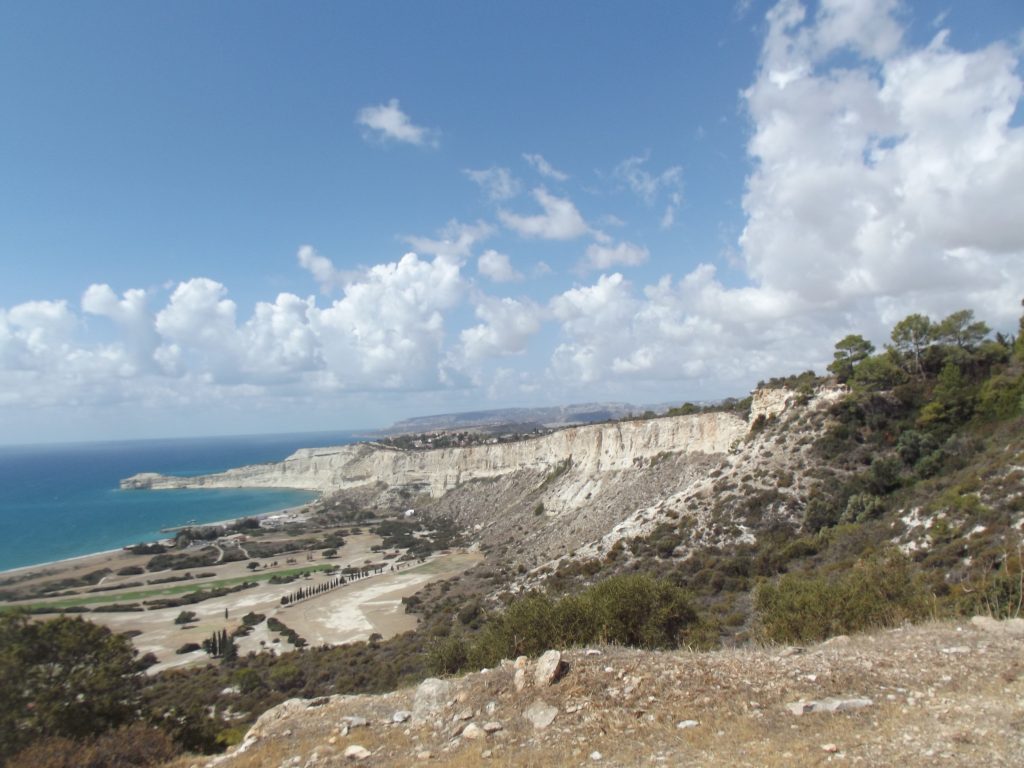
Variety is the spice of life
The work covers a huge spectrum which includes many UK and European designations, historic sites and quirky landmarks. On my patch alone I deal with 17 Sites of Special Scientific Interest, 22 Scheduled Ancient Monuments and 4 historic churches. As well as this there’s every land type you can think of, from wetlands and mudflats and heathland to intensively farmed arable land.
The UK estate extends to 431,000 hectares of land of which approximately 224,000 hectares is owned by the MOD and we have rights over a further 207,000 hectares. I am based in the Eastern region which includes 23,000 hectares of land. We cover sites in Norfolk, Essex and Lincolnshire and have unprecedented access to some of the most beautiful landscape in East Anglia. I have stood on the top of a Breckland Hill and looked down to the setting of the closing scene of the original Dad’s Army, stood outside my office to hear practise artillery rounds whistle overhead and stood on the beach in Lincolnshire and saw newborn grey seal pups. A particular highlight in the calendar is arranging the Household Cavalry Annual Summer Camp, which involves organising 300 personnel and 100 horses for a month-long exercise which can involve anything from manure removal to building a cross country course.

Conservation is immensely important to the MOD. By the nature of the MOD’s activities there has been very little disturbance to many species which elsewhere have had to deal with developments, industrial agriculture and increased human movement. I have had the joy of working with many different conservationists to better manage and conserve the many rare species which live on MOD land.
Opportunity abroad
For those who like the sand between their toes, there are many opportunities to travel with DIO. There are offices in Gibraltar, Germany and Cyprus. Our surveyors who work abroad are based in Cambridgeshire and travel to Kenya, Nepal, Brunei and many more countries.

My advice to anyone sitting at their computer and wondering if there is anything better out there is to consider applying to DIO. There are huge benefits beyond the work ,including the pension scheme, alternative working patterns and competitive maternity and paternity leave.